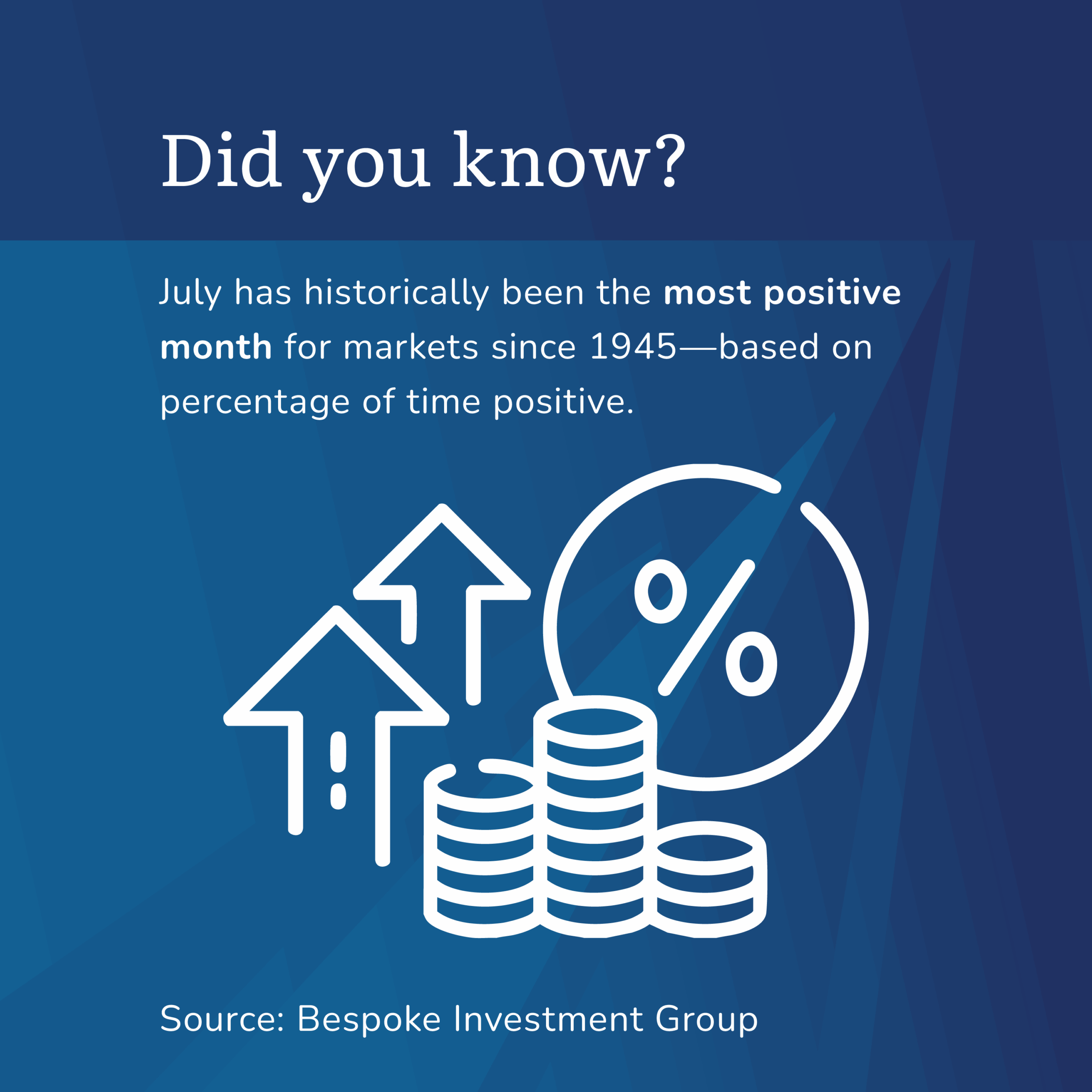Being Financially Savvy is A Family Business

Like it or not, we’re all involved in running the “family business.” We worry that our parents might outlive their retirement savings. We’re comforted by the thought that family members would probably bail us out if we got into money trouble. We strive to help our children financially, and many times we’d like to bequeath them at least part of our nest egg.
In short, our family is our asset, liability, and legacy. Now here’s the contention: It’s time to build this notion into the way we manage our money.
Here are some of the reasons why and ways how:
Raising Children
Forming positive money habits for yourself was hard enough. Now you have the responsibility of helping your children adopt similar habits. Leading by example is one way but many times a more proactive and interactive approach may be helpful. After all, you don’t want to risk your own financial goals because your kids have failed to launch.
Looking for some books to get you started? Here’s a few options:
· Yes, you can raise financially aware kids
If you don’t want your adult children swimming in credit card debt, missing mortgage payments, and constantly asking you for money, your best bet is to make sure these problems never arise by raising money-savvy children. This can be done directly through conversation or indirectly through your own behavior. Of course, both are easier said than done.
Children grow up spending their parent’s money, so it’s almost inevitable that at some point they will have a skewed financial outlook. After all, for children, all purchases are free, so why should they fret about the price tag or control their desires?
Do your best to make your children feel like they’re spending their own money; that they are part of the decision-making process. Most conversations around spending/using money can be a conversation about values. For example, accumulating money to invest for the long-term is not just about having the biggest pot of gold. It is about the patience and discipline needed to put your future self and family in a better position. Donating to charity isn’t simply a tax consideration. It is a realization that success comes with the responsibility to give back to ones community.
Use this as an opportunity to stress the values you want your family to identify with. This can be encouraged by giving them an allowance tied to some responsibility and allowing them to drive the decision making on how those dollars are spent/used. Once that goes to zero, there are no more dollars. This way, instead of you saying “no” to your children, they will learn to say “no” to themselves.
Launching Adults
Once your children get into the work force, you want them to get into the “virtuous financial cycle” where they are steadily building wealth.
They will hopefully become able to own a home, buy their cars, fully fund their 401(k) plan and their individual retirement accounts each year, and never carry a credit card balance.
The sooner your 20-something children get into this virtuous cycle, the easier it will be for them to meet their goals. To that end, encourage your children with your words and with your fine example.
A few financial incentives may also help. Tell your adult children if they scrounge together a house payment, you will lock in some additional dollars, or offer to subsidize their 401k contribution at 50 cents on the dollar.
This doesn’t mean you intend to fund their retirement instead of your own, but getting them started as investors sure seems like a smart idea.
Lastly, consider including your children in meetings with your advisor. If you don’t want them to know too many details, perhaps a one-on-one meeting with that advisor can make sense. Using a life event like marriage can be an easy way to nudge your son or daughter into their first “official” financial conversation with a professional. The benefit here is that it will be a professional you trust and you don’t have to be the one delivering the message. As we all know, source matters.
We believe money skills are equivalent to survival skills. Giving your family this gift is an investment in this and future generations. Below are some books that can help you and your family on your journey.
Happy investing.
Marcos
Categories
Recent Insights
-

How Microsoft Teams Can Transform Your RIA Firm’s Efficiency and Compliance
In the competitive world of registered investment advisory (RIA) firms, effective communication and collaboration are key to delivering exceptional client service and maintaining regulatory compliance. Before the pandemic, in-person collaboration was the norm at our firm, but with the transition to a fully remote office, we needed a secure internal communication platform. Today, as many…
-

One Big Beautiful Bill: How Trump’s Tax Overhaul Impacts American Families and Businesses
On July 4th, 2025, President Donald Trump signed into law the “One Big Beautiful Bill Act,” a sweeping piece of legislation that reshapes the American tax landscape and introduces a range of economic, social, and regulatory reforms. Below is an examination of the bill’s key provisions. Key Provisions of the “Big Beautiful Bill” 1. Permanent Extension and Expansion…
-

Talk Your Chart | From Saunas to Stock Surges: Market Recoveries, Margin Resilience & Rate Watch | Episode 69
In Episode 69 of Talk Your Chart, Brett and Marcos unpack the surprising speed of the recent market recovery, debate the timing vs. time-in-market mindset, explore political biases in investing, and analyze how corporate margins and U.S. debt are shaping investor decisions in 2025. Charts available for download here.
-

Smart Money Moves for Teens: The Best Financial Literacy Apps
Why Financial Literacy for Teens Matters Let’s face it—teaching teens about money can be tricky. But thanks to an ever-growing list of financial literacy apps, it’s never been easier (or more engaging) to help kids build healthy money habits. I recently spoke with two clients who’ve been using the Greenlight app to help their children…
-

Rebuilding Financial Confidence After Divorce: Managing Risk & Moving Forward
Divorce is not just an emotional transition—it’s a financial one, too. The process of separating assets, redefining financial goals, and adjusting to a new financial reality can feel overwhelming. But with the right mindset and strategies, you can regain control and build a future that aligns with your new chapter in life. Understanding Financial Risk…
